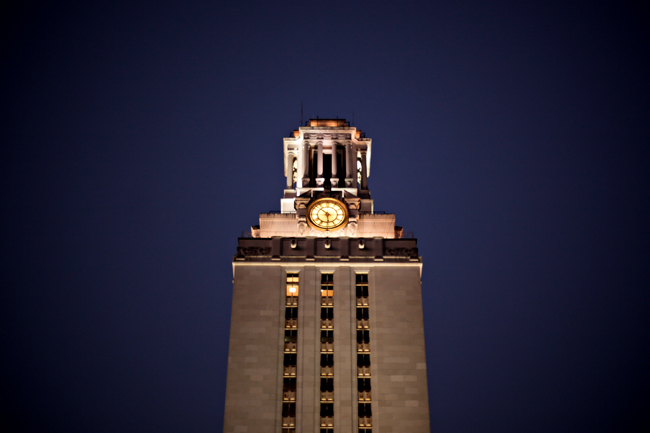There are two countries in the world that don’t guarantee paid family leave to new parents: The United States and Papua New Guinea. Among these two countries, one is considered one of the most highly developed countries in the world and the other’s economy is still 85 percent an agricultural system. America’s inability to provide paid family leave for its citizens harms both its image as a progressive country as well as the health of its families.
According to Jennifer Glass, sociology professor and the Barbara Bush Regents Professor of Liberal Arts, the U.S.’s once-high rate of female workforce participation is decreasing, and only 58.3 percent of employees work for establishments covered by the Family and Medical Leave Act of 1993. She said, “Most Europeans are aghast.”
“It’s simply too hard for many moms to stay in the labor force following pregnancy,” Glass said. Because of this, “we are seen as morally and practically backward in our thinking about how to support families.”
The health and welfare of newborns, mothers and families are also harmed. Glass says that moms are the primary breadwinners for almost half of American children under the age of 18, and most moms work, even if they aren’t the sole providers. If a parent returns to work too soon after childbirth, it can affect many factors in children’s lives such as housing, food, medical care and preschool education.
Glass said, “When mothers earn less, families suffer.” In fact, since new mothers aren’t always paid for taking leave postpartum, many are forced to quit their jobs. There is a higher wage penalty for these families as opposed to the mothers in countries that offer paid leave.
The lack of a parental leave system harms both employees and employers. However, one of the most pressing concerns is that the absence of the system harms the mental and physical health of those affected. Women who get less parental leave are more likely to experience symptoms of postpartum depression. In addition, the parents that go back to work too soon are less likely to breastfeed their babies and more likely to reduce costs by trusting inexperienced care providers, as explained by Glass, which can lead to another host of health problems for children.
America, as a nation, is headed in the right direction. The current presidential candidates have brought up the issue of family leave and its benefits, and Silicon Valley companies that compete for talent have started offering more leave to promote employee retention. Glass suggests that, since the U.S. has such a low fertility rate, taking the money to fund paid parental leave from payroll taxes will barely be noticeable.
If parental leave becomes an expansion of Social Security or some form of federal disability leave policy, as a country, we can adopt systems that have worked for states like California. Maybe someday Papua New Guinea will be the only country without a paid parental leave system for its citizens but, for now, we should take it one step at a time.
Rahman is a business and Plan II sophomore from Austin. Follow her on Twitter @MehrazR.





















